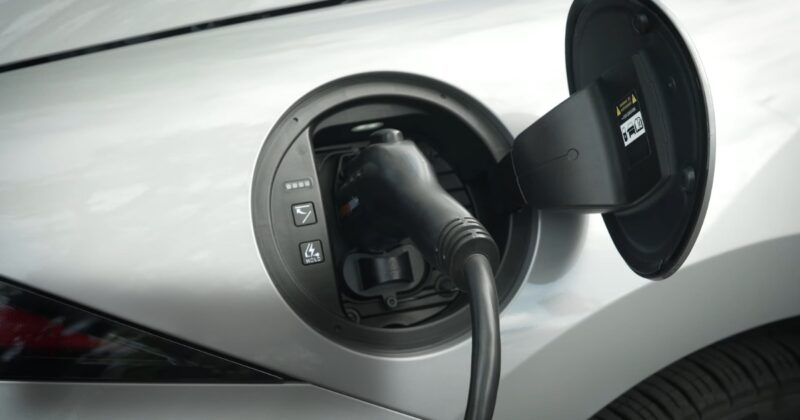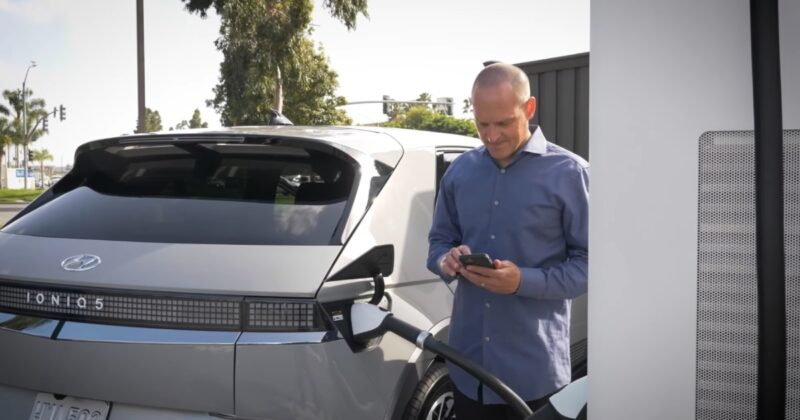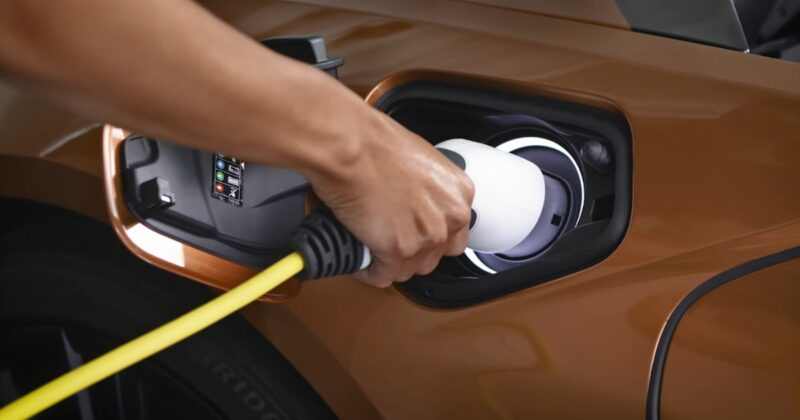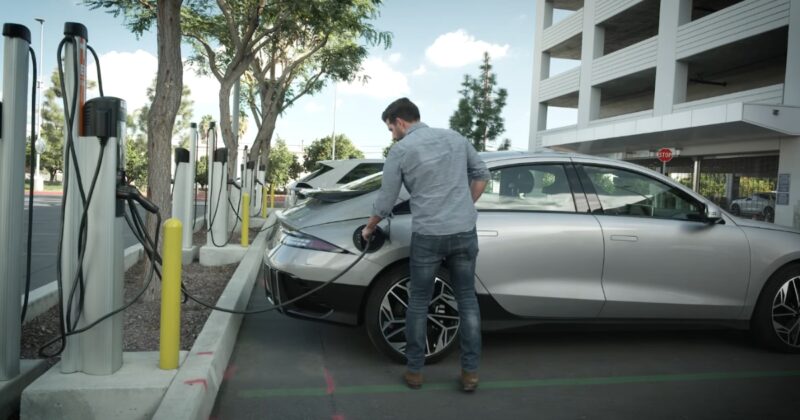Many people are wondering whether hybrid or electric cars are better for the environment. There are different opinions and facts to consider, and the situation is changing all the time. Car makers are trying to find new ways to use less gas and more clean energy.
Choosing between hybrid and electric cars is not just about what you like; it’s also about how you want to protect the earth. We will explain the difference and impact on the environment in the following sections.
How Different Is Their Impact?

If you want to know how green hybrid and electric cars are, you need to look at different things. How much pollution do they make when they run? How are they made and what materials do they use? How clean is the electricity that they use? All of these things affect how much they help or hurt the environment.
Knowing more about these details can help you choose your next vehicle. If you are looking for a used car, check out https://epicvin.com/cars
Hybrid Cars
Hybrid cars combine an internal combustion engine with an electric motor. This dual approach allows them to achieve better fuel efficiency and lower emissions compared to traditional gasoline-powered cars.
- Reduced Emissions: Hybrids emit fewer pollutants during driving due to their ability to switch between the electric motor and gasoline engine, optimizing fuel use.
- Fuel Efficiency: The use of electric power for low-speed driving and assistance during acceleration leads to better overall fuel economy. On average, hybrids can improve fuel efficiency by about 20% to 25% over their gasoline-only counterparts.
However, hybrids still rely on gasoline and thus continue to contribute to greenhouse gas emissions. Additionally, the production of hybrids involves manufacturing both an electric battery and an internal combustion engine, which can lead to higher emissions during production compared to conventional cars.
Electric Cars
Electric cars run solely on electricity, stored in batteries, and used to power an electric motor.
- Zero Emissions During Operation: EVs produce no tailpipe emissions. This is their most significant environmental advantage over both hybrids and conventional vehicles.
- Dependence on Electricity Source: The environmental friendliness of an EV largely depends on how the electricity used to charge it is generated. In regions where electricity comes from renewable sources, EVs have a much lower environmental impact compared to areas where electricity is primarily generated from fossil fuels.
- Battery Production: The production of lithium-ion batteries for EVs is energy-intensive and involves materials that may have environmental and ethical concerns, such as cobalt and lithium.
| Aspect | Hybrid Cars | Electric Cars |
| Tailpipe Emissions | Low (when using the electric motor) | None |
| Fuel Efficiency | Higher than conventional cars | Not applicable (no fuel used) |
| Dependence on Electricity | Low (mainly gasoline-powered with electric assistance) | High (fully dependent on electricity) |
| Manufacturing Emissions | Higher than conventional due to dual powertrain | High due to battery production |
| Operational Emissions | Lower than conventional cars, higher than EVs | The lowest varies by electricity source |
A Detailed Comparison

In a detailed comparison between hybrid and electric vehicles (EVs), various factors such as cost, environmental impact, performance, and convenience play significant roles.
As we already mentioned, EVs are a better solution in terms of eco-friendliness, but buying a hybrid is still a better option when compared to standard petrol and diesel engines.
What About Fuel Efficiency and Energy Use?
- Hybrids: More fuel-efficient than traditional cars, especially in stop-and-go traffic, due to regenerative braking and the electric motor.
- EVs: Do not use gasoline; run solely on electricity, which is often cheaper than gasoline on a per-mile basis.
- Better Choice: EVs for energy use; hybrids for consumers who have limited access to charging infrastructure.
Performance
- Hybrids: Generally offer better performance than conventional cars, especially in city driving.
- EVs: Known for instant torque and smooth acceleration. Generally outperform hybrids in terms of acceleration and driving experience.
- Better Choice: EVs for performance, particularly acceleration, and smoothness of the ride.
Range and Refueling/Recharging
- Hybrids: Similar range to conventional cars and quick refueling at any gas station.
- EVs: Range can vary significantly (usually between 100-300 miles per charge). Charging can take longer than refueling a hybrid or gasoline car, although fast-charging stations are reducing this gap.
- Better Choice: Hybrids for range anxiety and convenience in refueling. EVs are improving rapidly in this area.
Price
- Hybrids: Often more expensive than conventional cars but less expensive than EVs. Lower fuel costs compared to conventional cars.
- EVs: Higher upfront costs, but incentives and rebates can reduce this. Lower operating costs due to cheaper electricity and less maintenance.
- Better Choice: Depends on individual circumstances. Hybrids for lower upfront cost, EVs for long-term savings.
Maintenance
- Hybrids: Require regular maintenance similar to conventional cars but less often due to reduced wear on the engine.
- EVs: Lower maintenance requirements due to fewer moving parts and no need for oil changes.
- Better Choice: EVs for lower maintenance needs.
Infrastructure
- Hybrids: No additional infrastructure is needed; can refuel at any gas station.
- EVs: Require charging infrastructure, which is growing but not yet as ubiquitous as gas stations.
- Better Choice: Hybrids for current infrastructure, though EV infrastructure is rapidly expanding.
Will EVs Become The Only Available Choice and When?

The prospect of electric vehicles (EVs) becoming the only available choice in the automotive market is a topic of growing interest, particularly in the context of global efforts to combat climate change and reduce greenhouse gas emissions. Several factors influence this potential shift:
Government Policies and Regulations
Many countries are implementing policies to phase out internal combustion engine (ICE) vehicles in favor of EVs. For instance, the UK plans to ban the sale of new petrol and diesel cars by 2030, and California aims to do so by 2035.
Automotive Industry Trends
Major automobile manufacturers are increasingly investing in EV technology. Companies like Volkswagen, General Motors, and Ford have announced significant investments in electrification, with plans to release multiple EV models in the coming years.
Technological Advancements
Continuous improvements in battery technology, resulting in longer ranges and shorter charging times, are making EVs more appealing to a broader market.
Projected Timeline
Predicting when EVs will become the only available choice is challenging due to varying global policies, economic factors, and technological advancements. However, based on current trends and commitments:
- 2030-2040: This period may see significant shifts in many developed countries, with EVs becoming the dominant, if not exclusive, choice for new vehicle purchases, especially in countries with stringent emission regulations.
- Post-2040: In some regions, particularly where infrastructure and economic factors lag, the transition might take longer.
Last Words
The automotive industry is undeniably on the cusp of a revolutionary shift, with the environmental implications of this transition being a primary driving force.
Hybrids serve as a practical bridge, offering improved fuel efficiency and reduced emissions compared to traditional internal combustion engine vehicles, without the range and infrastructure concerns associated with electric vehicles.
On the other hand, electric vehicles stand out for their zero tailpipe emissions, the potential for lower lifetime costs, and alignment with the global push toward renewable energy sources.
Related Posts:
- Hydrogen vs Electric Cars: Which One Offers a Better Future?
- Hydro Flask Vs. ThermoFlask: Which is Better? A…
- Why Should I Get an Electric Car - Eco-Friendly Solution
- Which Mammals Can Fly? - The Only True Flyers and…
- Compost Tumbler vs. Bin – Which Composter Is Best For You?
- Which Mammals Live In Hawaii?








